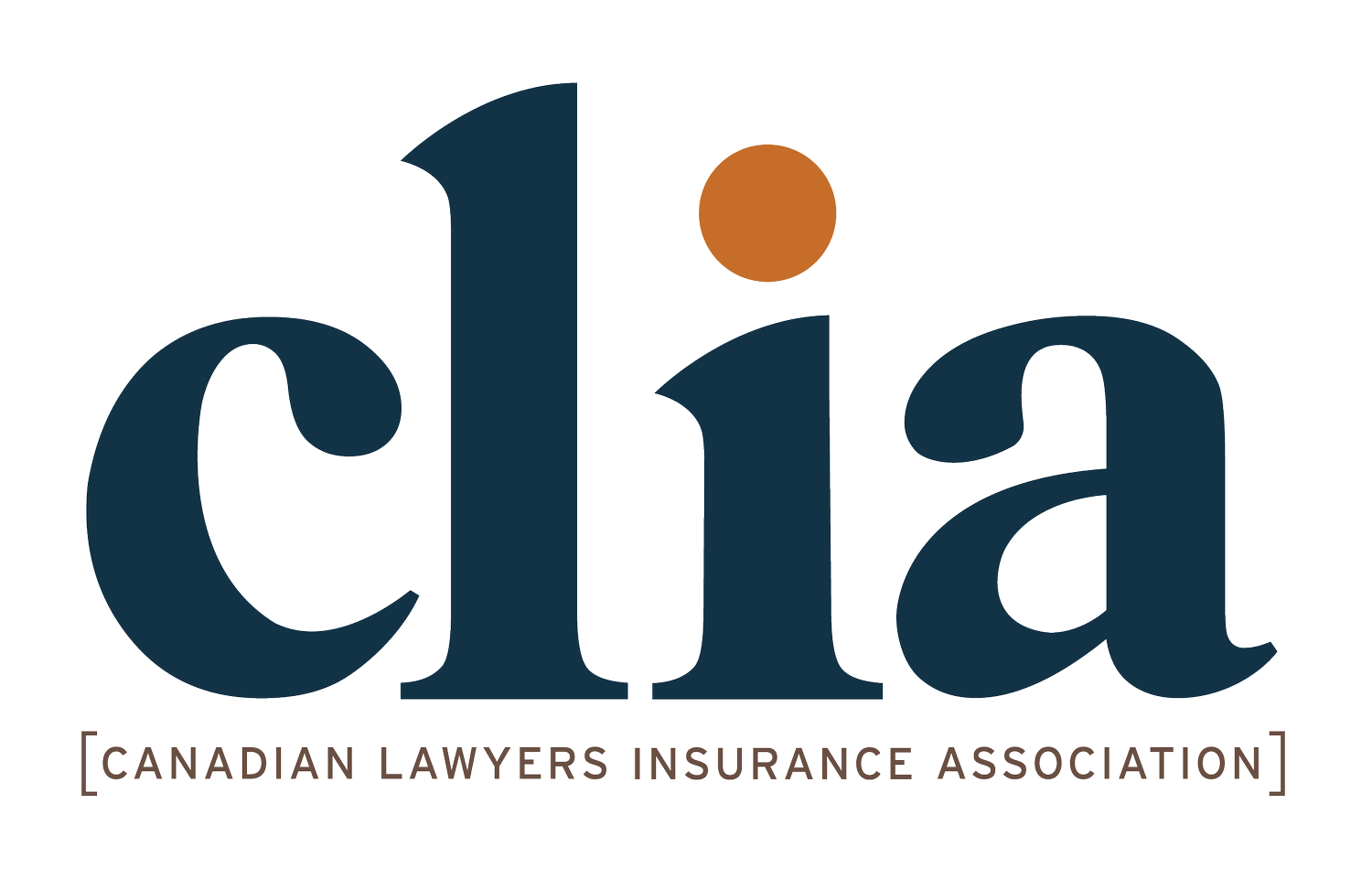Fake Websites
Tana Christianson, Director of Insurance, Law Society of Manitoba
Republished with permission. Originally published in Communique, June 2024
Note: While this article focuses on Manitoba lawyers and the Law Society of Manitoba, the information applies to lawyers in any CLIA jurisdiction.
People occasionally contact the Law Society about fraudulent websites using the names of real Manitoba law firms or actual Manitoba lawyers, without the knowledge or consent of those lawyers.
These fraudulent websites are set up by criminals to give credibility to a scam. Usually, a potential victim gets an email or letter from a fraudster posing as a lawyer. The details will vary but always involve a financial windfall for the victim, like the classic “You have inherited money from a long-lost distant relative” scam. The fraudster’s fake law firm letterhead or email signature will list the fraudulent website. Sometimes, the This will show you the Domain Name Registrar company that registered the website name. Domain Name Registrars are accredited companies that manage the reservation of website and domain names. They don’t want to be associated with fraudsters. Contact the Domain Name Registrar and tell them your information has been misappropriated and ask that the website be taken down. letterhead and website will even show the real law firm’s actual street address, because they don’t expect their victims, who are usually in another jurisdiction, to mail something or drop in. The phone number or contact email shown will be fake, connecting the victim directly to the fraudster.
These websites look polished, and may include pictures and bios of other real or made-up lawyers. When the fraudster’s victim googles the lawyer or law firm, they find a website that lends legitimacy to the scam. The real lawyers and law firms whose identities are being impersonated have no idea this is happening until an angry potential victim contacts them or the Law Society to complain.
If your name or firm shows up on a faked law firm website, what do you do?
Find out who created the website. To do this, type the website name in the ICANN lookup search box.
This will show you the Domain Name Registrar company that registered the website name. Domain Name Registrars are accredited companies that manage the reservation of website and domain names. They don’t want to be associated with fraudsters. Contact the Domain Name Registrar and tell them your information has been misappropriated and ask that the website be taken down.
Some fraudsters use a privacy screening service so that the fraudsters’ information is a little harder to find. The privacy guardians’ information will also come up in the ICANN search. If that is the case, contact the privacy screening service and report the abuse to them.
You can send a “cease and desist” letter to the fraudsters. They won’t care about all your rousing threats of legal action, but they might stop using the website or your name just to avoid dealing with you.
Report the fake website to Google. Google can stop a fake website from showing up when someone does a Google search. You will need the URL address of the website, and a brief description of what the fraudsters have done. Go to the Google Report Phishing Page.
Report the incident to local law enforcement.
Report the incident to the Canadian Anti-Fraud Centre. Contact the Fraud Reporting System (Canadian Anti-Fraud Centre) or call toll-free at 1-888-495-8501.
If you stumble across a fake website for another lawyer, use the Lawyer Lookup on the Law Society site and inform the lawyer so they can take steps to take down the fraudulent site.
Call the Law Society. We can’t take down the fraudulent website – only the actual lawyer or firm that has been victimized has any standing with the authorities, domain name registrars and Google. But we can remind you of the steps you need to take and we can commiserate. There are no discipline or insurance consequences if a fraudster misappropriates your identity.
How can you prevent fraudsters from using your good name in furtherance of their own fraudulent schemes? You really can’t. However, you can do searches of your name and law firm, scrolling down through more than the first one or two pages in your search to see if a fraudster has tried.

